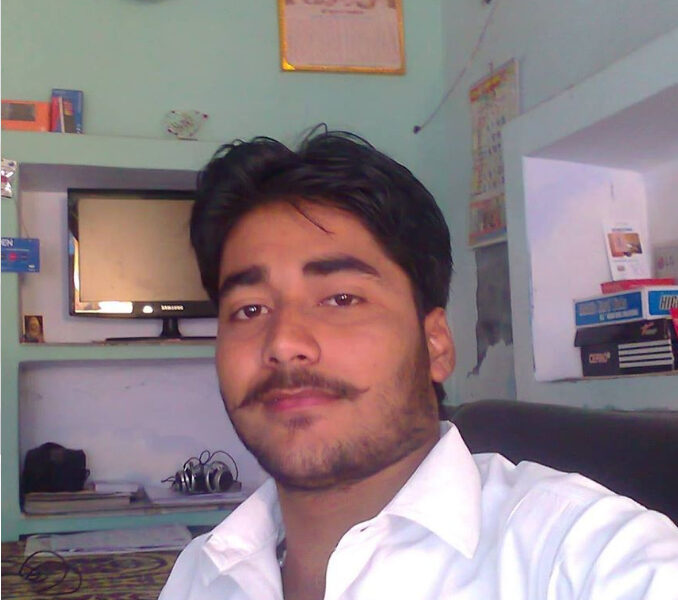Source: Amnesty International – The wire
According to a report in NewsClick, On 19 June, 2020, journalist Shubham Mani Tripathi (25) was shot dead by “unidentified persons” near the Gangaghat area of Unnao district while he was returning home with a friend on a motorcycle. He was rushed to a hospital in Kanpur, where he died. He worked for a newspaper named Kampu Mail.
The killing was allegedly orchestrated at the behest of a ‘sand mafia’ and illegal land grabbers active in the region.
On his Facebook profile, Tripathi wrote on June 14 that an illegal construction by ‘famous land mafia’ had been demolished due to a report he had filed. He said the mafia was angered by this action and had registered a fake application against him with the district magistrate
According to a press release issued by the police, three people have been arrested and the arrest of two others is being sought. One of the arrested persons told the police that a “local real estate figure Divya Awasthi arranged the journalist’s killing” in retaliation for Tripathi’s articles and Facebook posts.
This statement appears to be the same person that Tripathi referred to in his post on 14 June, 2020.
Ritesh Shukla, who is the bureau chief of Kampu Mail, told NewsClick that Shubham recently had “some arguments with land grabbers and expressed fear that he might be killed by them”. Shukla and Tripathi’s uncle Dhirendra Mani Tripathi also named Awasthi as masterminding the assassination, saying that the journalist’s reportage of her encroachment of government land had “exposed her”.
Another journalist in Unnao, Vishal Maurya told the Committee to Protect Journalists (CPJ) that Tripathi had informed the police about the threat to his life. Tripathi had “mailed letters to state authorities on 15 June, 2020, saying that he had been threatened”, Maurya told CPJ, adding that the “same 10 suspects as mentioned by [Tripathi’s] brother in the police complaint” were also named by the slain journalist.
According to Reporters Without Borders (RSF), Uttar Pradesh is “one of the most dangerous regions for journalists, especially those who try to cover the sand mafia”. The non-profit organisation listed at least five recent incidents in which journalists were killed or attacked for reporting on either illegal sand mining or land grabbing activities.

